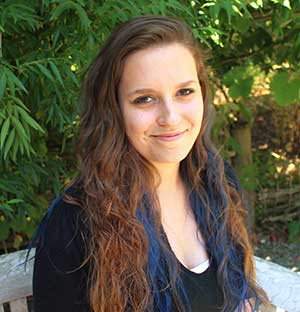What are primitive reflexes?
Primitive reflexes begin in utero; they are repetitive, involuntary or automatic movements in response to stimuli that are essential for the development of head control, muscle tone, sensory integration and overall development.
![]()
They protect a developing fetus, aid the birthing process and contribute to later, more mature postural reflexes. As the baby grows, ideally these primitive reflexes will “integrate” into the growing brain. They will no longer be active (more…)
